The Explainer is where we explain an aspect of Chinese life. Simple. So now you know.
The Dai ethnic minority in southwestern Yunnan province sure do know how to have a good time.
While Chinese New Year is welcomed near the end of winter with a barrage of deafening firecrackers, the Dai ethnic people of the Xishuangbanna Dai Autonomous Prefecture celebrate their New Year in the springtime with an epic water bonanza.
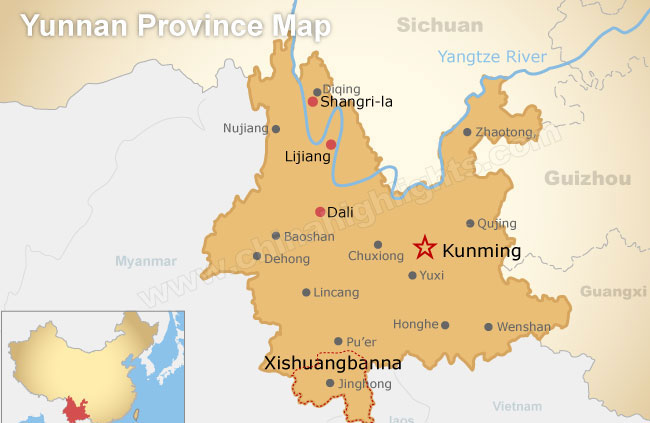
Xishuangbanna is at the southern tip of Yunnan and borders Myanmar and Laos. Map via China Highlights
The annual three-day public holiday, referred to as Water Splashing Festival (Po Shui Jie, 泼水节), runs from April 13 to 15 and celebrates the birthday of Buddha (Siddhartha Gautama). The festival is very similar to Songkran, Thailand’s water festival, which was canceled this year due to COVID-19.
In Xishuangbanna, the Water Splashing Festival will be moved ‘online,’ according to an announcement by the festival organizers. New COVID-19 cases that recently emerged in Yunnan near its border with Myanmar are likely a factor in the change of plans.

Songkran in Thailand. Image via Wikimedia
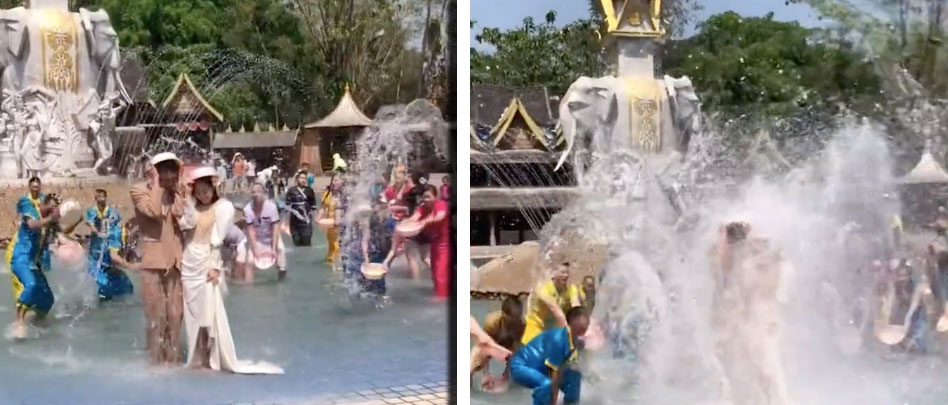
Wedding photos (for good luck) in Xishuangbanna. Screengrabs via Weibo
Once a religious tradition in Indian Brahmanism, the festival was absorbed by Buddhism and made its way from Burma to Yunnan’s Dai region.
The fascinating origin story of the Water Splashing Festival involves the decapitation of a demon king by seven badass women.
As the legend goes, Xishuangbanna was once home to a demon king who took seven young women as wives against their will. The women eventually rebelled and killed the demon king – freeing the area of the menacing figure.
However, after slaying the demon king, its head continued to roll and cause a fire in its path. The fire could only be put out by the women holding the demon head in their arms, so they would take turns holding it once a year.
As a sign of gratitude, the locals would splash water on each woman after holding the head to wash away the evil spirits. Eventually, the demon head turned to ash, yet the water splashing lived on in local customs.
This important festival for the Dai people mainly takes place on the banks of the Lancang River (also known as the Mekong River), where a massive outdoor market is set up. Various activities such as dragon boat racing, floating lanterns, parades and fairs take place throughout the festival.
Locals put on their best outfits, gather with their families and visit nearby temples and monasteries to wash the statues of Buddha with water.
In the past, the water would then be collected and poured on family members to symbolize the cleansing of the previous year and a bid for good luck in the new year, as cited by BBC.
But nowadays, the third day of the festival turns into quite a water party, with people throwing water onto each other as a sign of good luck – the wetter, the luckier.
Check out the splash attack in the video below (VPN off):
The ethnic festival has also caught on with tourists in China and abroad (pre-pandemic, of course). While there’s undeniably a sense of commercialization with the festival, it still presents travelers an opportunity to interact with the friendly and laid-back Dai people and learn a bit about their culture.
Click here for more Explainer.
[Cover image via 三色人/Wikimedia]





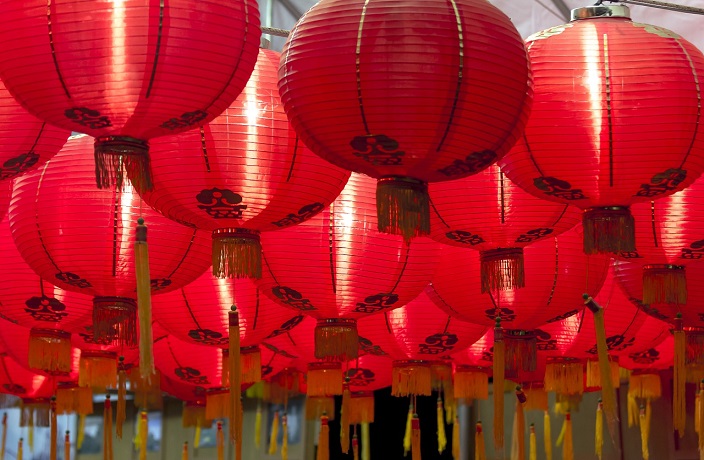
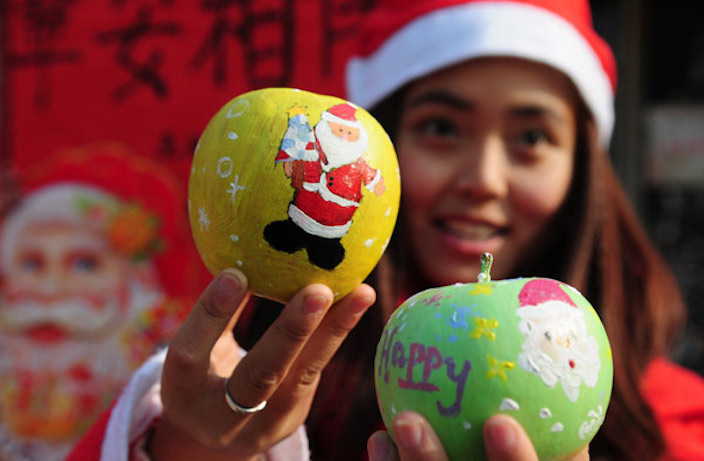
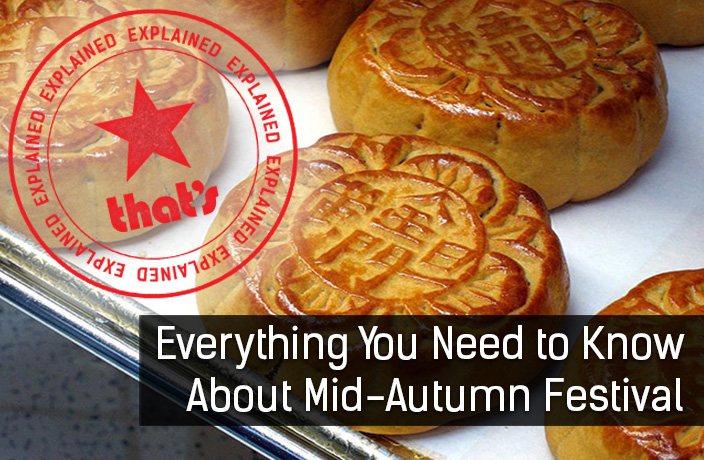













0 User Comments